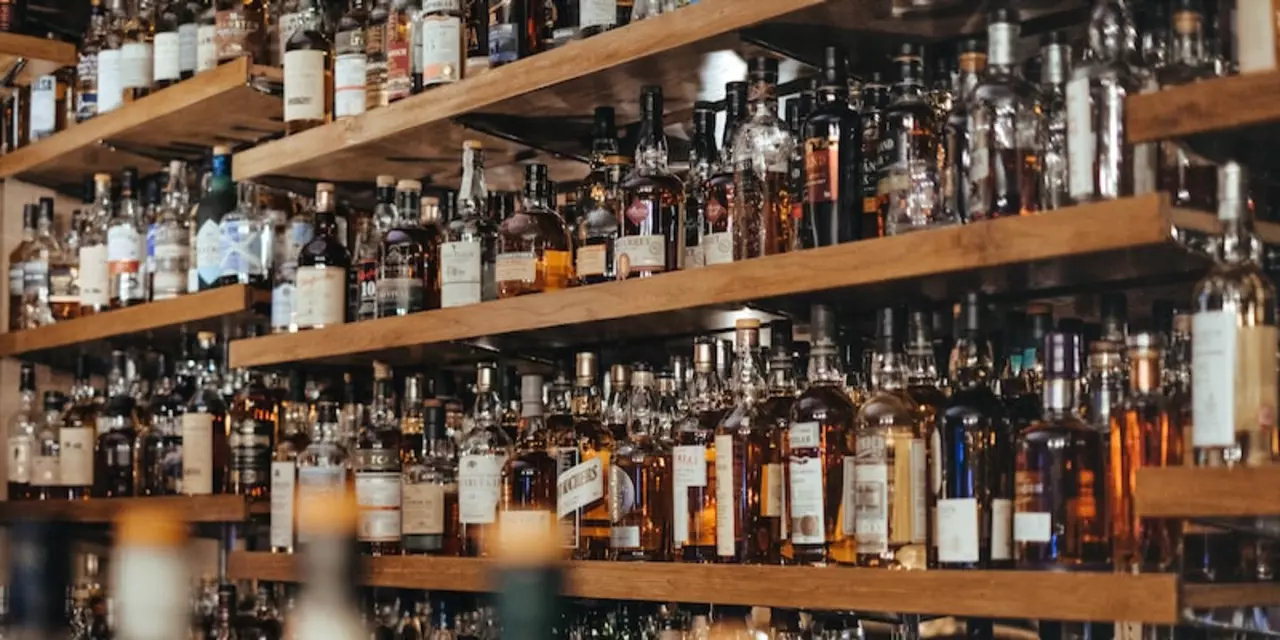Alcohol Consumption – What You Need to Know
Most people enjoy a drink now and then, but it helps to know what’s really happening when you sip. Alcohol is a drug that your body processes quickly, and its effects can change from night to night. Knowing the basics can keep the good times from turning sour.
How Alcohol Affects Your Body
When you take a drink, alcohol travels through your stomach and small intestine into the bloodstream. Within minutes, it reaches the brain and slows down nerve signals. That’s why you feel more relaxed, talkative, or a little clumsy.
The liver works hard to break down alcohol, turning it into harmless chemicals. One healthy liver can handle about one standard drink per hour. If you go faster, the excess stays in your blood and can hurt organs, raise blood pressure, and mess with sleep.
Long‑term, heavy drinking can lead to liver disease, heart problems, and a higher risk of some cancers. Even moderate drinking isn’t risk‑free; it can affect mood, memory, and weight. Remember, everyone reacts differently based on age, gender, and genetics.
Practical Tips for Safer Drinking
First, set a limit before you start. A common rule is no more than two drinks a day for men and one for women. Use a simple measure: a 12‑oz beer, a 5‑oz glass of wine, or a 1.5‑oz shot of spirits equals one drink.
Second, pace yourself. Try to have no more than one drink per hour and sip water in between. Staying hydrated slows alcohol’s impact and cuts hangover chances.
Third, never drink on an empty stomach. Food, especially protein and fat, slows absorption and reduces peaks in blood alcohol levels.
If you’re driving, use a designated driver, rideshare, or public transport. Even a small amount can impair reaction time, and the legal limits are strict.
Finally, listen to your body. If you feel dizzy, nauseous, or unable to think clearly, stop drinking and switch to water or a non‑alcoholic beverage.
By keeping these points in mind, you can enjoy social drinks without the hidden drawbacks. The goal isn’t to avoid alcohol completely—just to make smarter choices that protect your health and keep the fun going.
